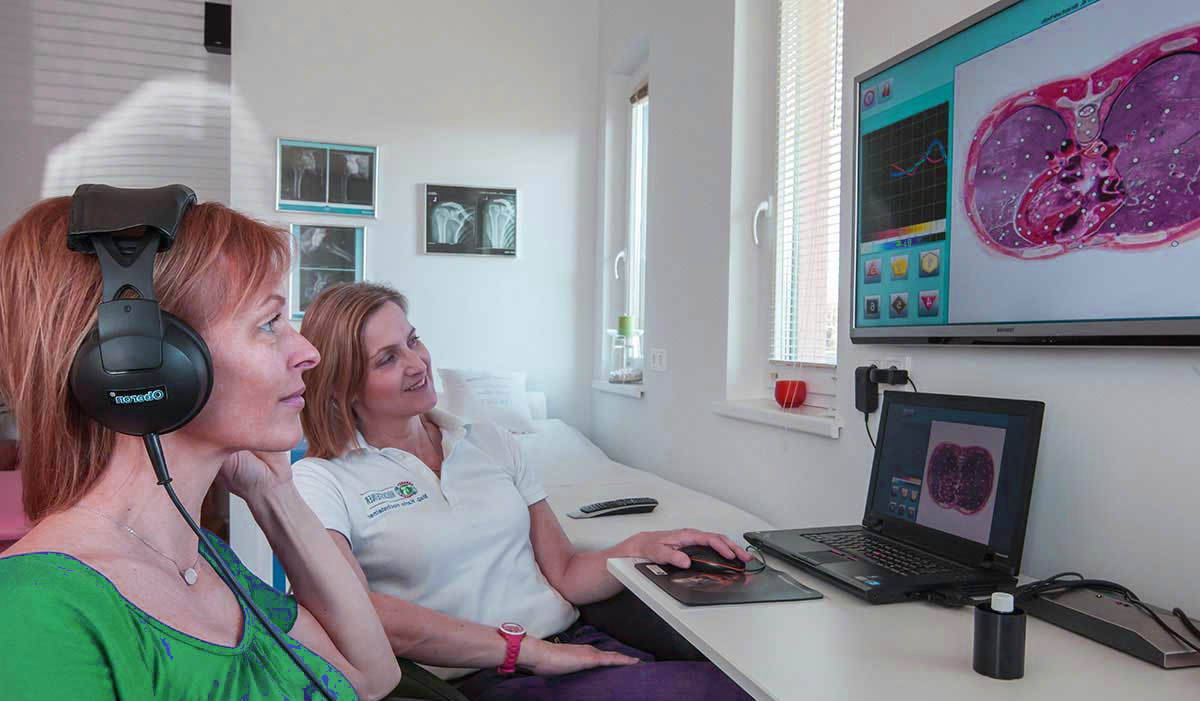Parasites
Candidiasis of the oesophagus: causes and consequences.

In gastroenterology, many diseases, including parasites, are challenging to diagnose due to their nature. One example is oesophagal candidiasis, a familiar “thrush” that has changed habitual localisation. This infection indicates that there are other dangerous diseases present that have affected the immune system. Therefore it is vital to find the condition in time and eliminate it.
The candida fungus is considered opportunistic, i.e. a healthy person with a sound immune system is not affected by the infection until the conditions are just right for it to cause candidiasis.
Under normal conditions, such parasites as fungi cannot harm the body since the mucous membranes in the colon resist their influence thanks to the immune system and other protective elements of the surrounding microflora. If their work fails and the protective function of mucous membranes worsens, candida begins to multiply actively and spread. Since this microorganism lives in the intestine or the oral cavity, the infection can ascend or descend through the oesophagus.
Fungal infection of the oesophagus and the need for specialised care
Detection of parasites like candida fungi in the oesophagus doesn’t always indicate the disease presence. Sometimes, it is in the form of a carrier for which there is no specific treatment. However, in such a situation, diagnosing the body’s condition is necessary to identify the root causes of fungal proliferation.
Identifying the pathway to which the parasites have entered the body is not a necessary medical task. The microorganism has spread widely to the environment. It is in water, soil, and the mucus of people and animals. So, any contact can transmit this.
The main difficulty is that oesophagal candidiasis does not show symptoms in half of all cases. Consequently, this greatly complicates its diagnosis. A distinctive feature of the disease is the absence of direct dependence between the stage of its development, the situation’s complexity and the patient’s feelings.
Candidiasis of the oesophagus is a complex disease that is still under investigation to this day. The slightest weakening of the immune defence can already cause the development of fungus colonies. Moreover, the lack of correct treatment leads to severe complications. Therefore, it is essential to pay attention to any possible symptoms and immediately go to a specialist for an examination.
Oesophageal candidiasis is a consequence of intestinal candidiasis. Therefore, professionals in our clinic can prevent its effects by assisting you through colonic irrigation treatment.














